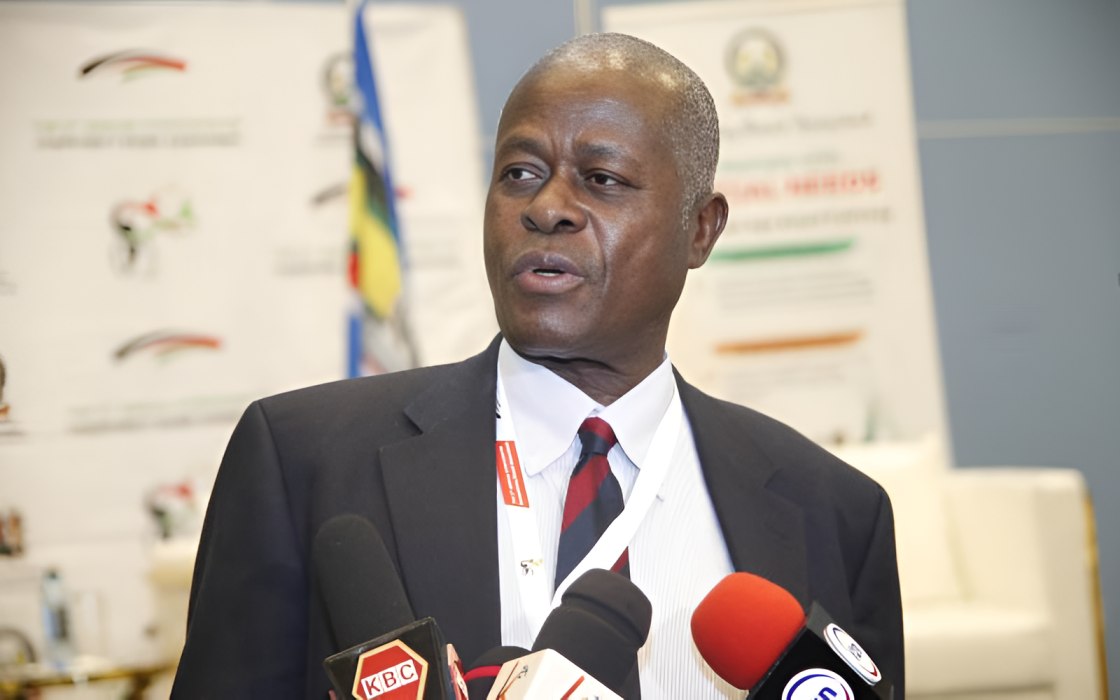Making math compulsory at senior schools bad for learners- KNEC

Nyabundi suggested that the focus could shift to subjects that align with students' strengths, such as the humanities or vocational skills, to enhance overall academic performance and learning outcomes.
Education sector leaders have emphasized that Mathematics will remain a mandatory subject only at the primary and junior secondary school levels.
Julius Nyabundi, the Chairman of the Kenya National Examination Council (KNEC), stated yesterday that Mathematics at the primary and junior secondary levels is sufficient for developing a solid understanding of the subject.
It has also been noted that the performance in Mathematics at the secondary school level has consistently been lower than the results observed in primary school exit exams.
Andrew Otieno, the Deputy Director of Quality Assurance and Archives at KNEC, explained that an analysis of the KCPE and KCSE exams reveals that students perform well in Mathematics when finishing primary school, but there is a significant drop in their performance by the time they reach their Form Four exams.
"For instance, an analysis of the 2022 examination results reveals that more than 80 percent of candidates achieved scores between Grade A and D+ at the Class Eight level, but this dropped significantly to just 17.46 percent in the KCSE," stated Otieno
"This underperformance positioned students from Uganda, Tanzania, and Zambia ahead of their Kenyan counterparts in their final secondary school exams."
However, Otieno clarified that this decline is not due to the difficulty of the curriculum, but rather the inflexible grading and assessment system.
"This highlights the need to reconsider core subjects in senior school, ensuring mathematics is taken only by students whose courses require it," he said.
He made these remarks yesterday during the opening of the second KNEC Annual Symposium on Competency-Based Assessment in Nairobi.
In an interview on the sidelines of the symposium, Nyabundi argued that students will have acquired the necessary arithmetic literacy by the end of junior secondary school, making it unnecessary to keep Mathematics compulsory at the senior secondary level.
"The Competency-Based Curriculum is designed to strengthen foundational skills by the end of junior secondary school (Grade 9)," he explained.
Nyabundi suggested that the focus could shift to subjects that align with students' strengths, such as the humanities or vocational skills, to enhance overall academic performance and learning outcomes.
This follows an outcry from a section of the public after the Ministry of Education announced that Mathematics would become an optional subject at higher levels.
Instead, English, Kiswahili, or Kenya Sign Language, Community Service Learning, and Physical Education were designated as compulsory subjects.
However, it is also projected that up to 60 percent of students in senior secondary school will still choose Mathematics, as they are expected to pursue the science, technology, engineering, and mathematics (STEM) pathway.
Otieno argued that making Mathematics compulsory could disadvantage students who are inclined towards the arts pathway.
KNEC stated that the change could help address the "dismal pass rate below 30 percent" in KCSE Mathematics. They also noted that many national examination boards in the region adopt a similar approach.
